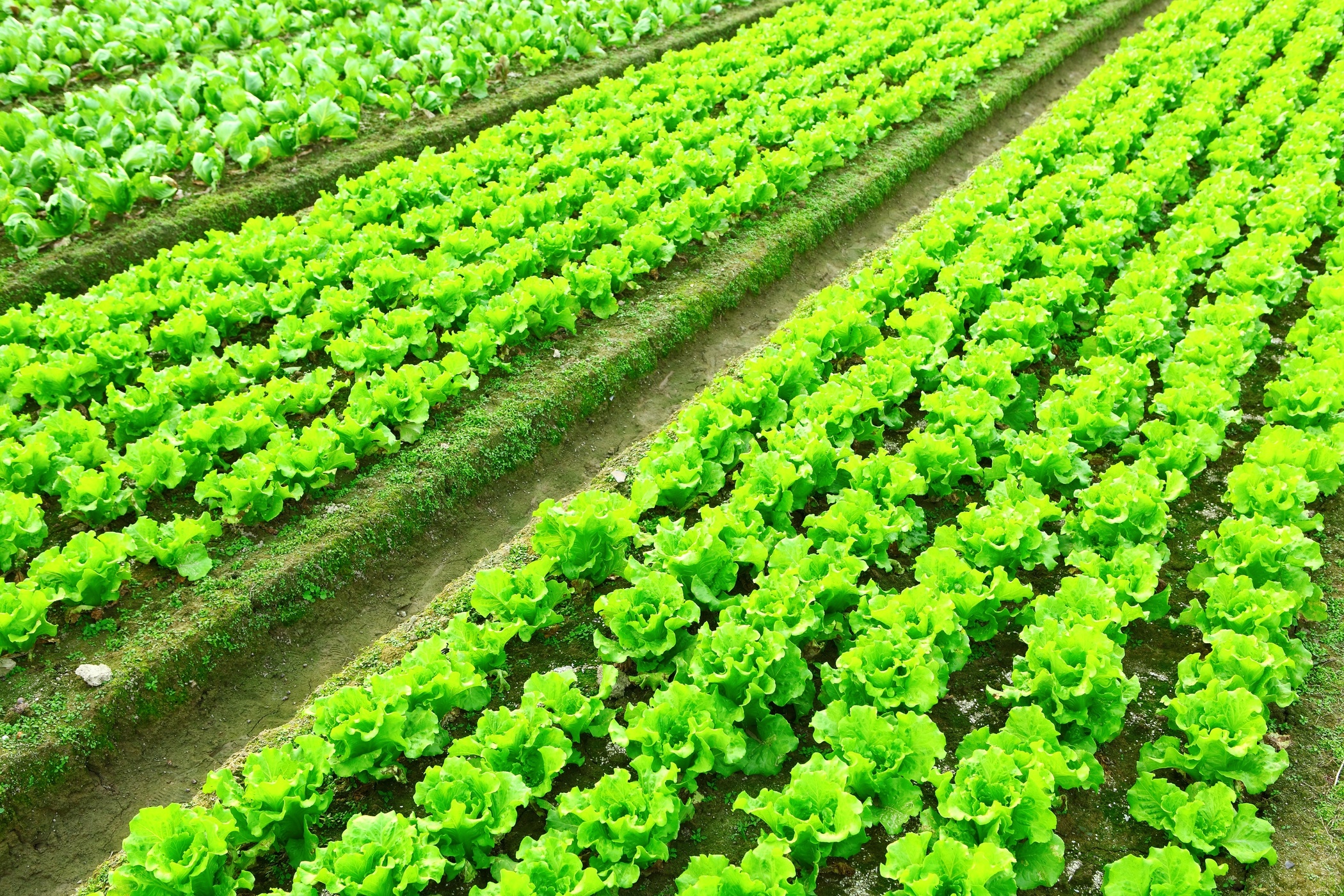Carbon removal is increasingly becoming one of the most pressing issues in sustainable agriculture. As the agriculture industry is under increasing pressure to minimize greenhouse gas emissions, carbon removal is an effective answer. Farmers can help combat climate change by capturing and storing carbon in the soil. This method not only benefits the environment but also increases agricultural productivity, making it an important instrument for the future of farming.
How Carbon Removal Works in Agriculture
Carbon removal in agriculture usually entails absorbing carbon dioxide (CO2) from the atmosphere and storing it in soil. Processes like photosynthesis enable plants to absorb CO2 and store it in their roots, stems, and leaves. As they grow, crops naturally absorb carbon from the atmosphere, and when they combine with sustainable agricultural techniques, they can store this carbon in the soil for long-term storage
Advantages of Carbon Removal for Farmers
Implementing carbon removal technologies has various advantages for farmers. Improving carbon-rich soils can result in healthier and more prolific crops. Furthermore, these strategies may lead to a decrease in dependency on chemical fertilizers, which are known to generate greenhouse gases during manufacturing and usage. Furthermore, excellent soils improve water retention, prevent erosion, and increase biodiversity, resulting in more sustainable farming systems overall.
The Function of Bio-Based Solutions in Carbon Removal
One of the most effective strategies to increase carbon removal in agriculture is to use bio-based inputs such as mycorrhizal inoculants. These compounds help crops grow stronger root systems, which trap and store more carbon in the soil. Farmers may improve the symbiotic link between plants and fungi, promoting natural carbon sequestration processes and making their land more adaptable to climate change.
Pioneering a New Era of Growth and Sustainability in Agriculture: Groundwork BioAg
Groundwork BioAg is at the cutting edge of bio-based agricultural technology. Their mycorrhizal inoculants promote plant growth, soil health, and natural carbon sequestration. They help farmers resist climate change by concentrating on sustainable techniques that improve agricultural yields and soil health. They can help you achieve sustained carbon removal and better soil.
